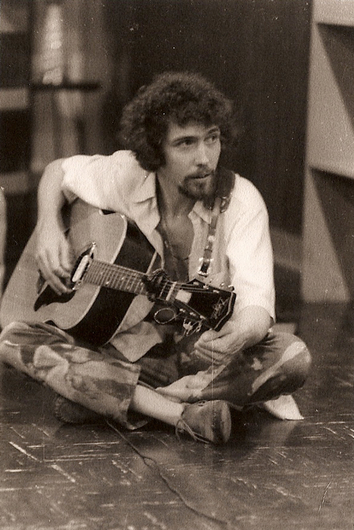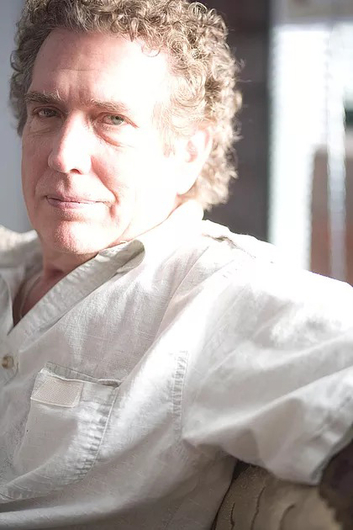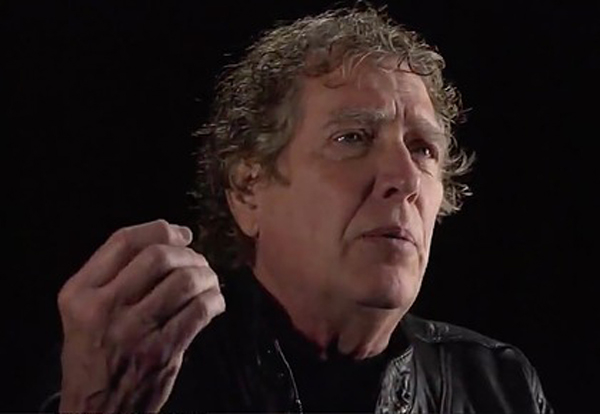For me, retirement means stopping doing something you’d rather not do, in order to do something you’d rather do. Using that definition, I’ve been retired for nearly 50 years. It’s the thing I’d rather be doing, the thing I have a passion for.
As an undergraduate philosophy major at the University of Minnesota, I took a Humanities course in the great novels. Reading Voltaire’s Candide, I found a principle that’s informed much of my work and certainly my attitudes towards both my professional and personal life. After an entire novel of trouble and misadventures, Candide and the philosopher Pangloss sum up what they’ve discovered as the key to a good life:
I am fortunate to be at Berklee. It’s a wonderful garden to cultivate: full of amazing students to be tended and nurtured; students who are capable of bursting into unique and beautiful blossoms, each one requiring careful tending to help them grow and flourish. And of course it’s wonderful to see what each one becomes – how each one responds to this cultivation. It’s a reward in itself.
But the big payoff for me is in what I, the gardener, have to become – what I have to learn in order to bring out the best in my students. Gardening isn’t just about what’s planted and harvested – it’s about what tools, knowledge, and wisdom the gardener must possess in order to do the job well. And gathering those tools is an ongoing, never-ending journey, especially since each student, each song, each poem they write, requires something new from me.
When I started at Berklee in 1975, I was hired as an English teacher, having never taught English before. My undergraduate Philosophy major, double minor in English and Humanities, my doctoral work in the Philosophy of Language (ala Wittgenstein, Russell, Moore and Austin), and an outside Masters degree in Literary Criticism were apparently enough to qualify me to teach English. So I taught English Composition and Literature for two years before creating electives in Philosophy, Poetry, and a class in Literary Criticism I called Analysis of Song Lyrics. That class was a huge success and helped spawn the first songwriting major in the world. It was my first real glimpse at the garden I would create: the crack between my two deepest interests: words and music. So I dug in, and I’m still digging.
Now my schedule is packed exclusively with three levels of lyric writing and two levels of writing poetry. In every lyric writing and poetry class, students bring in original work that I’ve never seen before. Whether it’s a poem or a song, my job is the same: what principles are in play – what tools can I show them to make their work even better than it already is. And because some of their work is already at an extremely high level, I have to puff pretty hard to be able to help them find their next step.
Which brings me to my second guiding principle.
After my graduate work, I was hired by Notre Dame, where I taught both graduate and undergraduate courses in Logic, Introduction to Philosophy, and Philosophical Skepticism. Naturally, I also had a band ☺ and was an avid fan of the burgeoning psychedelic music scene in the 60’s. That’s where my second principle of gardening comes from – from a little quatrain buried in the last track of Procol Harum’s wonderful second album, Shine on Brightly:
And by teaching, I’ll be taught
For there’s nothing hidden anywhere
It’s all there to be sought
I think, because of my focus on my students’ growth, and my own, it’s all turned out pretty well. It’s a lovely cycle of growth, beneficial to both of us. So I try to put my energy where it’ll do the most good: my classroom, my writing, curricular design, the Nashville Trip, and my seminars – they are my garden. Pretty nice.
That’s why, beginning my 45th year at here Berklee, I’m still planting, watering, grafting, pruning, and nurturing. And I have no plans to put down my tools anytime soon. I’m already retired.









